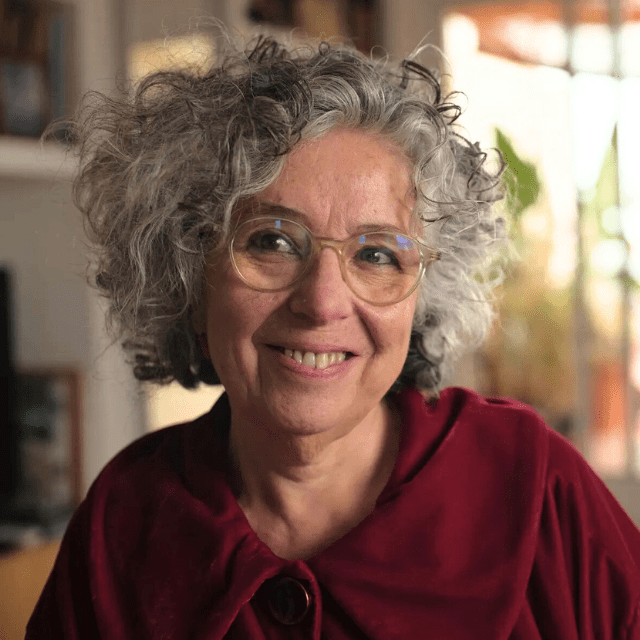Virtual reality and acupuncture
Abstract
We present a pilot study exploring the combined use of acupuncture and virtual reality (VR) in 15 patients with anxiety symptoms, applying a personalized approach based on Traditional Chinese Medicine (TCM) diagnosis.
According to TCM, participants were classified into three main syndromes: Qi deficiency, Qi stagnation, and Yin deficiency. Treatment point selection was adapted to each syndrome as follows:
-
Qi deficiency: ST36
-
Qi stagnation: LR3
-
Yin deficiency: KI3 and SP6
All patients also received PC6, GV20, and auricular Shen Men.
Each participant completed four acupuncture sessions lasting approximately 30 minutes, accompanied by relaxing music throughout. In the second and fourth sessions, immersive 360° VR content was added using a headset, with scenes selected to match each participant’s syndrome.
Outcomes:
Pre- and post-session measures included:
-
Pain intensity (VAS)
-
Anxiety (STAI-6)
-
Heart rate and blood pressure
-
Perceived session duration and actual duration
After the final session, participants completed a satisfaction questionnaire and the System Usability Scale (SUS).
Results:
Findings showed consistent pre–post reductions in pain, anxiety, blood pressure, and heart rate in both standard and VR sessions. The addition of VR was associated with slightly greater reductions in pain (ΔVAS 2.2 vs. 1.7) and anxiety (ΔSTAI-6 5.1 vs. 4.5), as well as a shorter perceived session duration despite similar actual time.
No adverse effects were reported. Satisfaction scores were high, and the usability of the VR headset was rated very positively (mean SUS: 81.2/100).
Presented by
Medical Doctor, Master in Acupuncture. President of the Spanish Society of Integrative Health.




